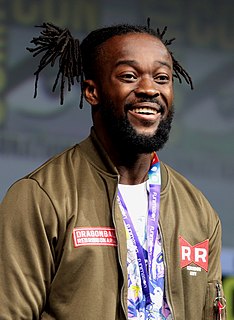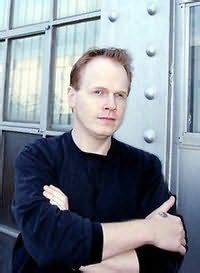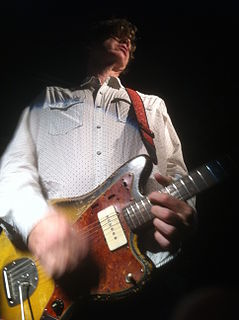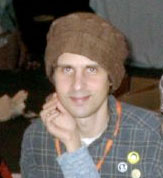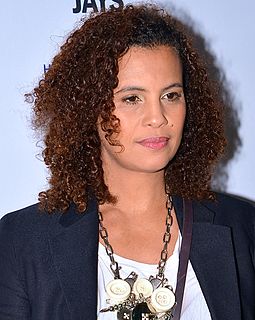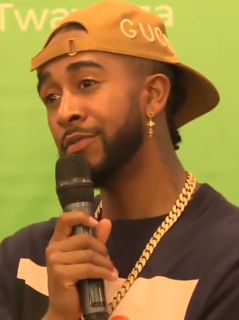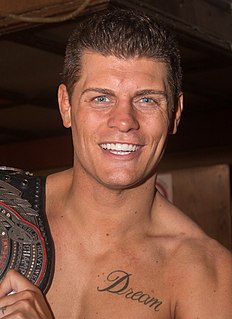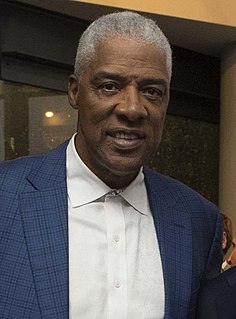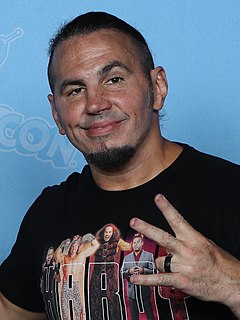A Quote by Kofi Kingston
With Punk, I consider him to be like a brother to me. He's one of the guys who took me under his wing when I first came. So we've been able to maintain a good relationship. And there are very few people in the business that you can call true friends, so I consider Punk to be that and more. So yes, 'road wife' is the term we used to sum that all up.
Related Quotes
It had no affect on me whatsoever. Um... I consider Jay a very good friend of mine. I also consider Dame and Biggs very good friends of mine. With me not being a Roc-A-Fella artist, with me just being a friend of both and not being tied to them in the Roc-A-Fella situation, I was still able to maintain personal relationships with both of em.
I let some people down, like Triple H, who had a lot of faith in me and took me under his wing. Ric Flair would never say it, but he loved me like I was his kid, and he was like a dad to me on the road. I'm sure I let him down somewhere along the way. These guys really invested a lot of time, faith, and energy in me.
Punk rock was the first thing I found in my life that made me feel acceptable. The thing that got me into punk rock was the idea, "You're fine just the way you are." It sounds kind of dorky, but you don't have to make excuses for who you are or what you do. When you find something like punk rock, not only is it okay to feel that way - you should embrace your weirdness. The world is totally messed up, and punk rock was a way to see that and work with it without candy-coating it. It was saying, "Yeah, the world is this way, but you can still do something about it. Take energy from that."
I recall a conversation I was having with Pharrell one time. We were in the studio talking about R&B, and he said 'You're like me, we're like each other, we think the same way.' He's one of the few people I would consider a mentor, not because I look up to him but because he's actually given me sound advice and it came from a place inside of him.
The music industry went through such a strange stretch in 1977, especially in this country, with the whole punk rock thing coming about. Punk was rebellious-and justified in that response-but it had very little to do with music, and so it created a highly-charged but frighteningly floundering atmosphere that I found very, very disheartening. Musical quality for me has always been an important part of rock'n'roll-and winning recognition for that has long been an uphill battle all the way. Punk seemed like rock'n'roll utterly without the music.
People ask me: ‘What is punk? How do you define punk?' Here's how I define punk: It's a free space. It could be called jazz. It could be called hip-hop. It could be called blues, or rock, or beat. It could be called techno. It's just a new idea. For me, it was punk rock. That was my entrance to this idea of the new ideas being able to be presented in an environment that wasn't being dictated by a profit motive.
